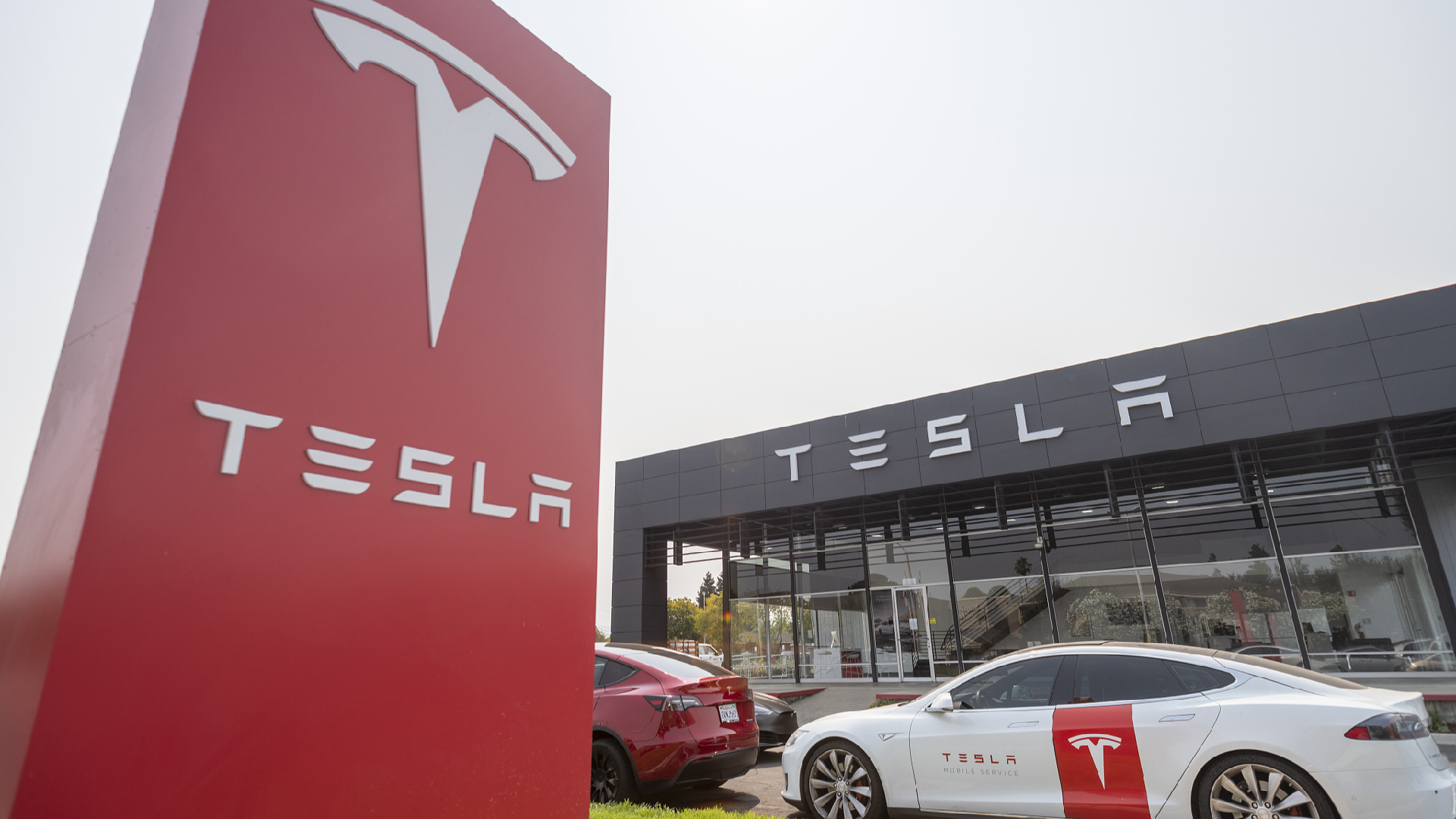Tesla to Reveal Prototype of "Cybercab" Robotaxi
Tesla is preparing to launch its Cybercab robotaxi prototype, showcasing its latest advancements in autonomous vehicle technology. This new vehicle model aims to revolutionize the ridesharing industry by incorporating cutting-edge features and innovative designs optimized for robotaxi operations. The unveiling event will highlight Tesla's commitment to reshaping transportation through sustainable and efficient solutions.

This event is crucial for the company after a series of unmet expectations set by CEO Elon Musk regarding self-driving car delivery. The automaker is expected to showcase a prototype known as the "Cybercab," although it is unlikely to be a fully operational, road-ready driverless taxi just yet.
Tesla faces a substantial challenge in persuading regulators and the public about the safety of its self-driving technology. This process could take considerably longer than the progress made by competitors like Alphabet's Waymo, which has already begun operating robotaxi fleets in select cities.
In contrast to other major players in the industry, Tesla adopts a unique strategy that centers on "computer vision" and end-to-end machine learning, relying on cameras and artificial intelligence to make driving decisions. Companies such as Waymo, Amazon's Zoox, and General Motors' Cruise, however, enhance their safety and compliance with regulatory standards by integrating additional layers of sensors like radar and lidar into their technologies.
While Tesla's streamlined approach is more cost-effective, it has notable vulnerabilities. Experts and former Tesla engineers have pointed out that, lacking the supplementary sensors and mapping used by its competitors, Tesla's system can struggle with rare and unpredictable driving scenarios, often referred to as "edge cases." These uncommon situations are significant challenges for autonomous systems, making Tesla's technology more susceptible to inaccuracies.
Another difficulty stems from Tesla's dependence on end-to-end AI, functioning as a "black box." A former engineer from Tesla explained that this characteristic complicates the identification of the causes behind system failures, thereby making it harder to implement measures to prevent accidents.
Despite these challenges, Tesla remains steadfast in its ambition for fully autonomous robotaxis. Musk has suggested that the company is leveraging the same Full Self-Driving strategy in its robotaxi development, although regulatory approval and the resolution of technological challenges may still be distant goals.
Jessica Kline contributed to this report for TROIB News
Discover more Science and Technology news updates in TROIB Sci-Tech












